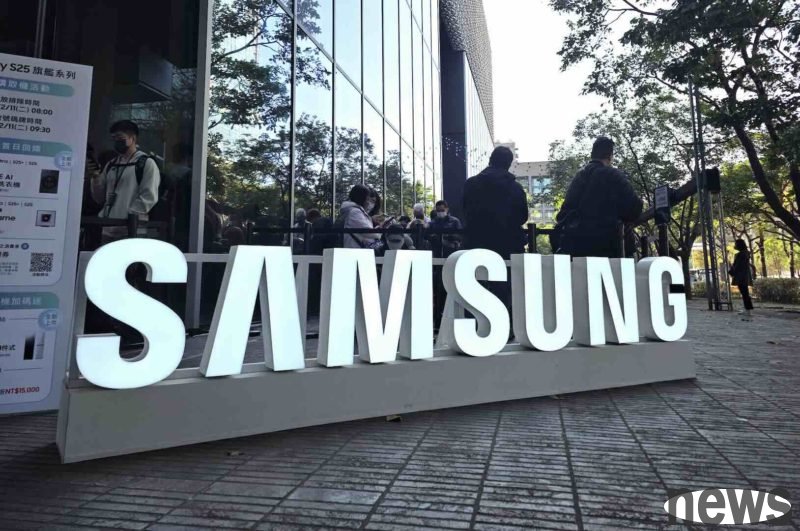South Korean media "Hankyung" recently reported that two Chinese mining equipment manufacturers have decided to adopt Samsung Electronics' 2-nanometer GAA process for the development of next-generation high-performance chips. The indus...

South Korean media "Hankyung" recently reported that two Chinese mining equipment manufacturers have decided to adopt Samsung Electronics' 2-nanometer GAA process for the development of next-generation high-performance chips.
The industry pointed out that the requirements for chip performance of mining equipment are highly focused on key indicators such as energy efficiency ratio, clock performance, chip area and heat dissipation efficiency. Mining operations are dominated by a large number of repetitive, high-density logical operations, so "how much computing power can be generated per watt" directly determines profitability. Advanced processes can pack more logic units into the same area while maintaining low power consumption. This is one of the main reasons why mining companies are willing to take the lead in adopting new nodes.
In addition, the mining industry is highly cost-sensitive, and equipment manufacturers often need to strike an optimal balance between computing power, power consumption and procurement costs. The legal person pointed out that Samsung adopts a more flexible price strategy on advanced processes, which is attractive to mining players who emphasize large-scale purchases and unit cost optimization. Although technical performance and long-term yields still need to be verified by the market, price factors may indeed prompt some customers to evaluate alternative sources of supply, especially in cycles where currency prices fluctuate and operating cost pressures intensify.
However, the report also emphasized that the focus of the market is not just new customers, but "who can win core customers." At present, Bitmain, the world's largest mining equipment manufacturer, still insists on choosing TSMC to produce its main chips. Bitmain occupies a leading position in the mining market, and its product sales and deployment scale are much higher than those of other competitors. Therefore, it has higher requirements for chip quality, delivery time, production capacity and yield.
Legal analysis believes that TSMC’s process maturity and stability accumulated over the years is the main reason why Bitmain chose to maintain the cooperation. The cost of advanced nodes is extremely high, and if the yield rate cannot be stabilized, it will directly push up the overall chip price and market launch risk. In comparison, TSMC's performance in each generation from 7nm to 3nm has been highly recognized by major customers. Its advantages in mass production scale, risk control and schedule predictability are still difficult to shake in the short term.
Currently, Samsung continues to promote customer diversification through the 2nm GAA process, including deployment in mobile phones, servers, automobiles, cryptocurrency mining and other application fields, which will help alleviate the pressure of long-term losses in advanced processes.
However, in the high-performance chip market, "yield" and "process reliability" are still the core factors that customers value most. Although the entry of new customers will help Samsung gradually establish an ecosystem, the global advanced process landscape will remain status quo in the short term as key large customers are still concentrated in TSMC.
Samsung To Supply 2nm GAA Chips To Two Chinese Cryptocurrency Mining Companies, As It Looks To Extend Its Customer Portfolio Of Its Next-Generation Process